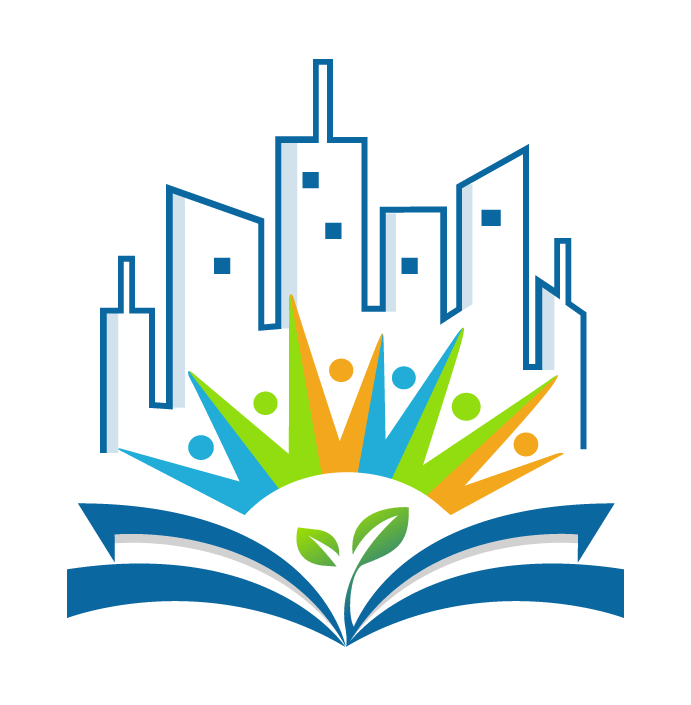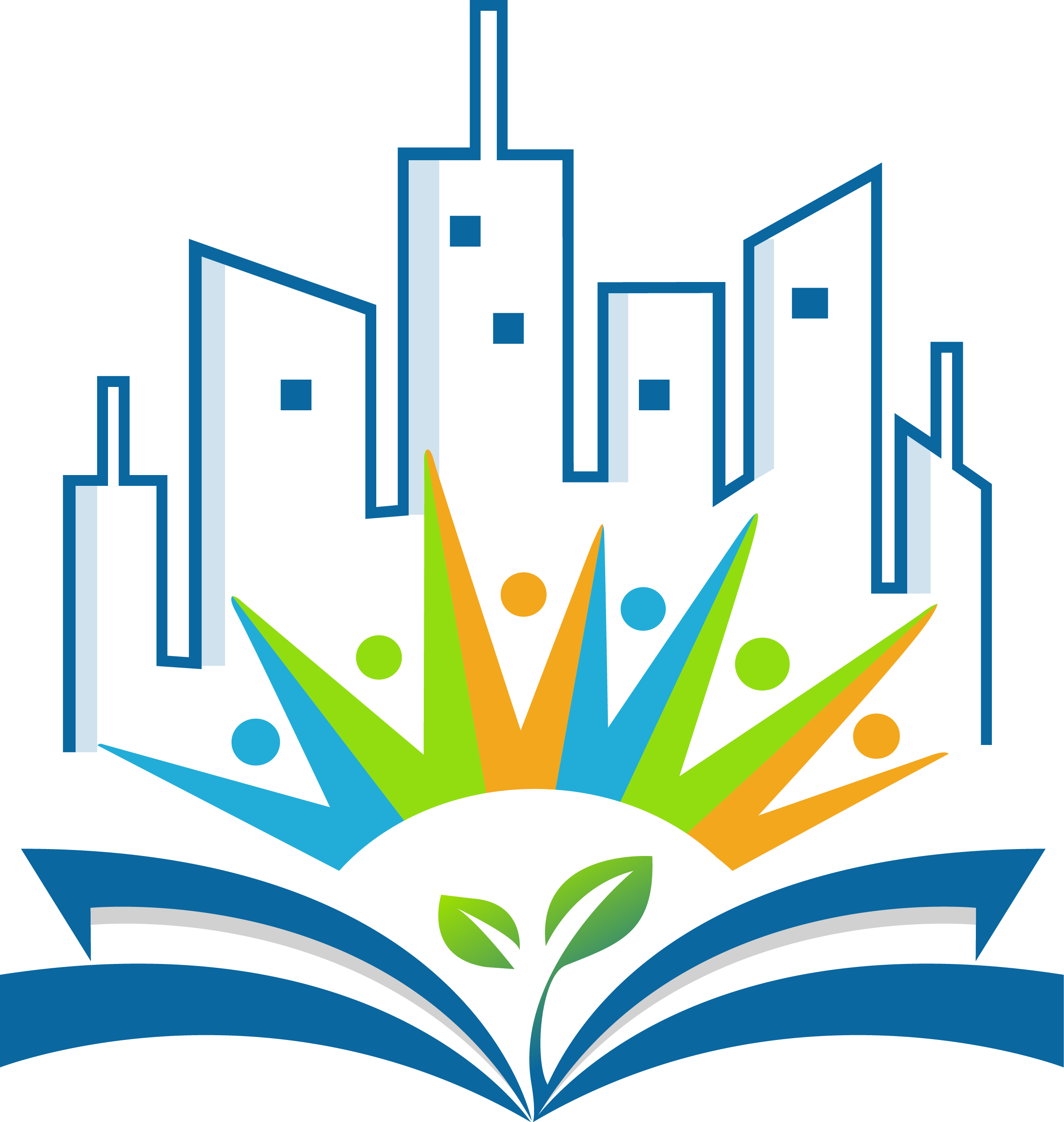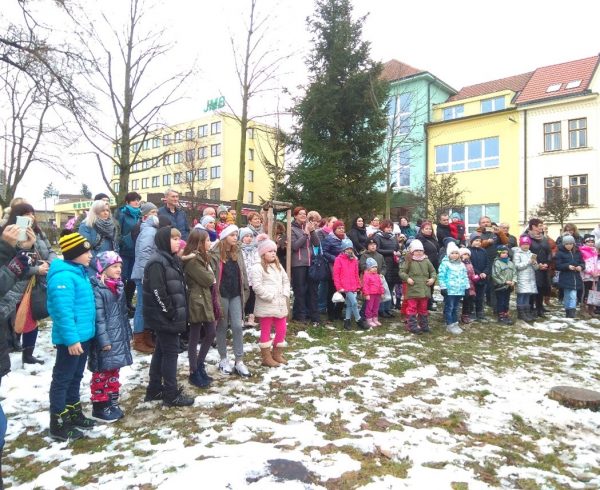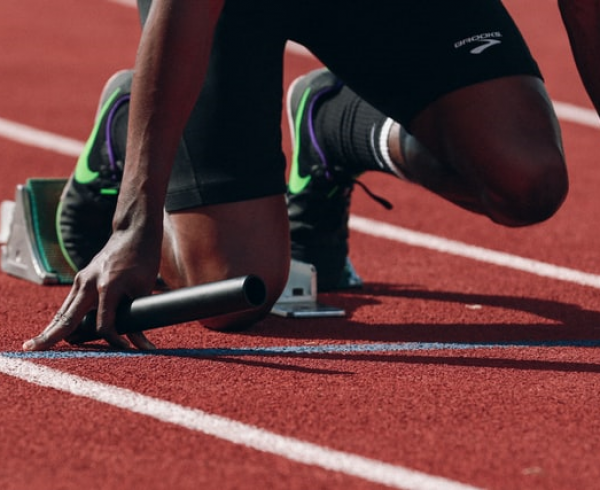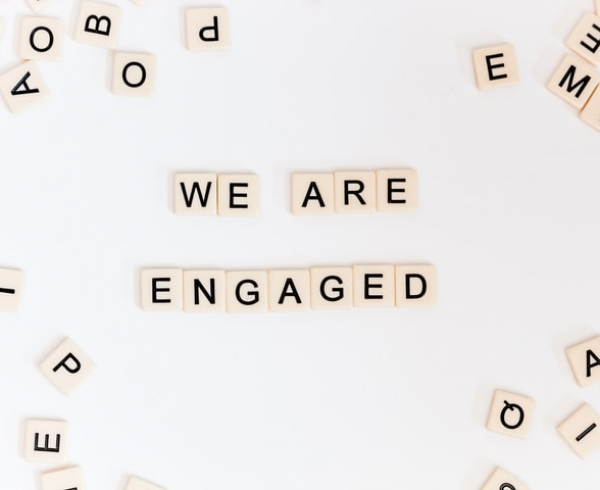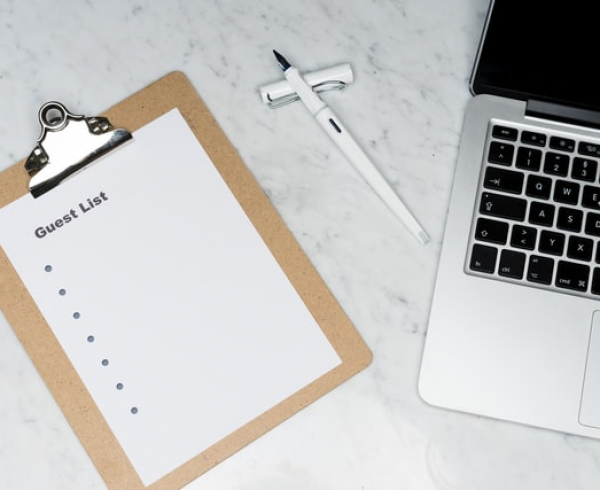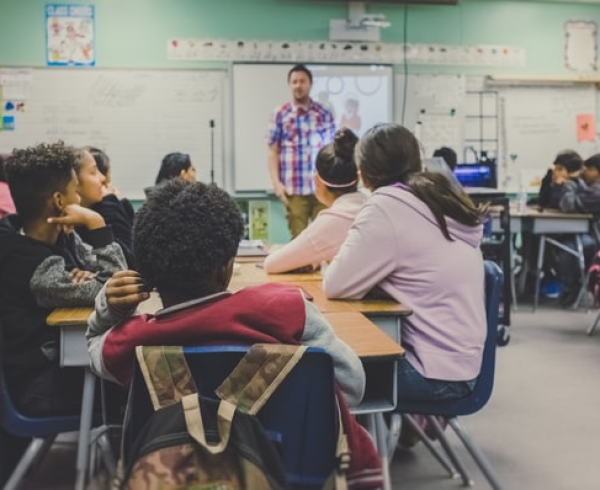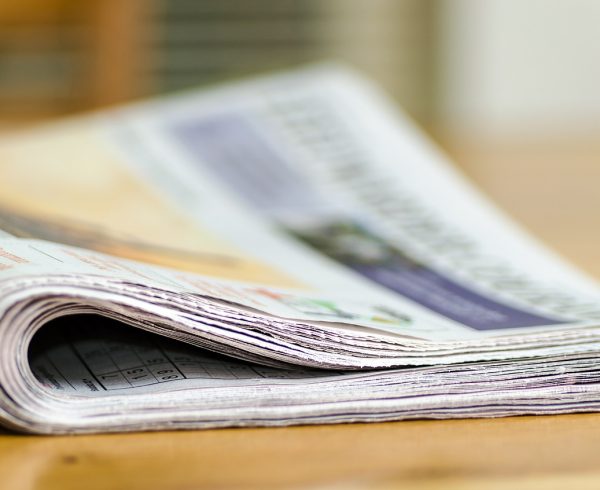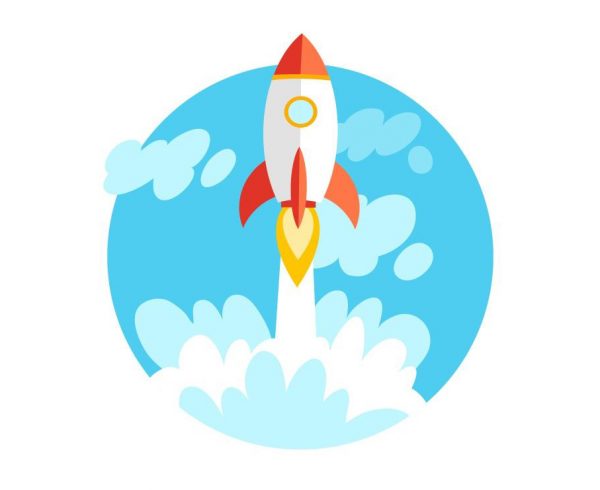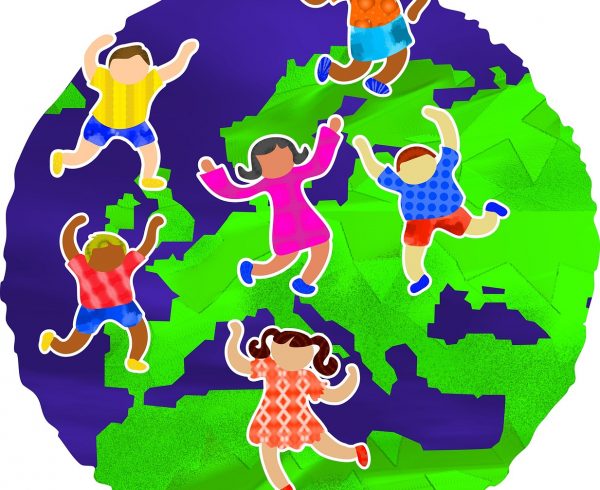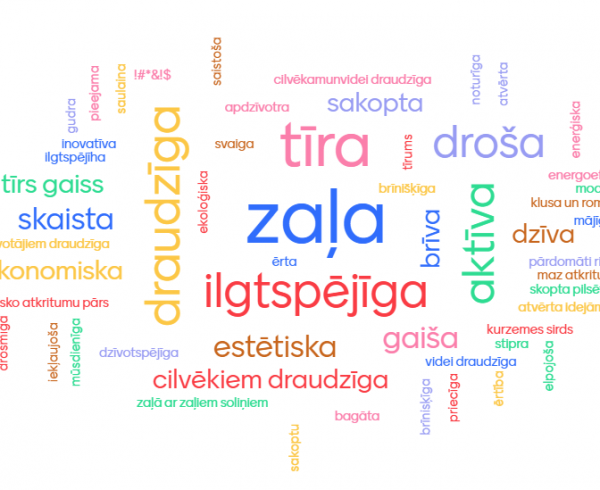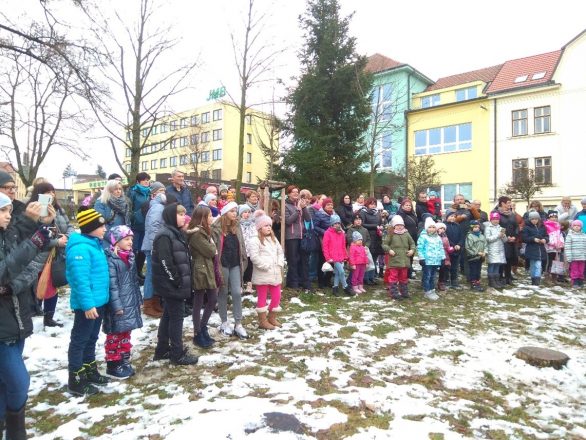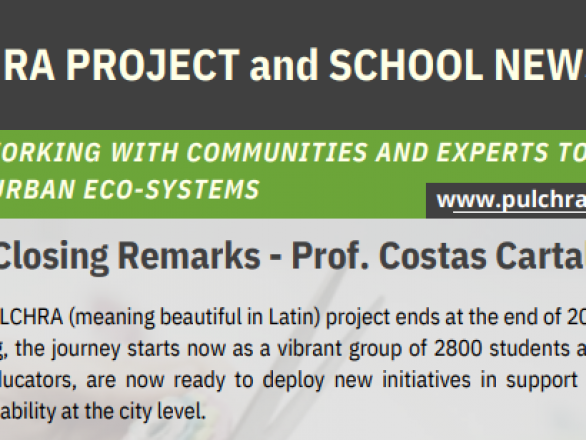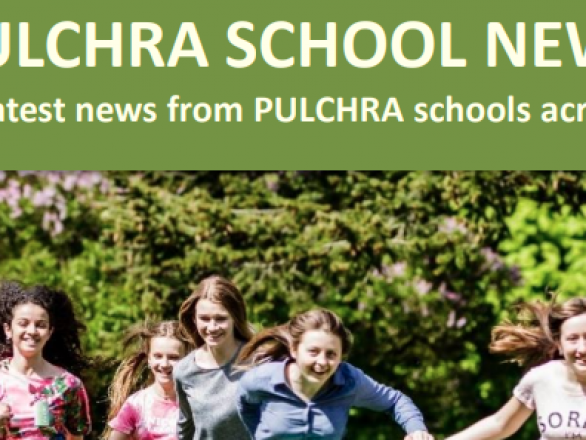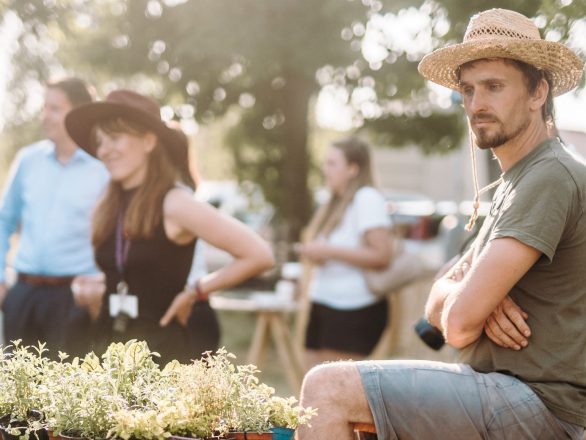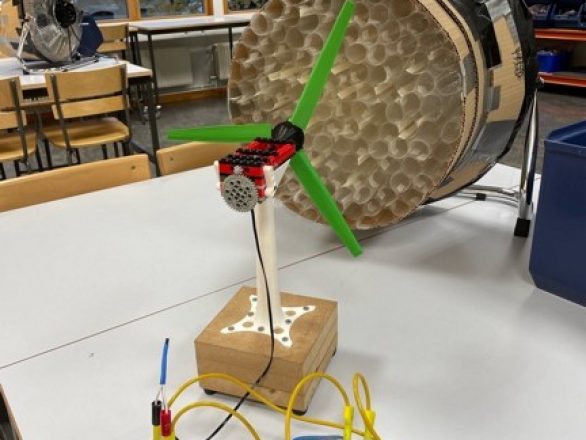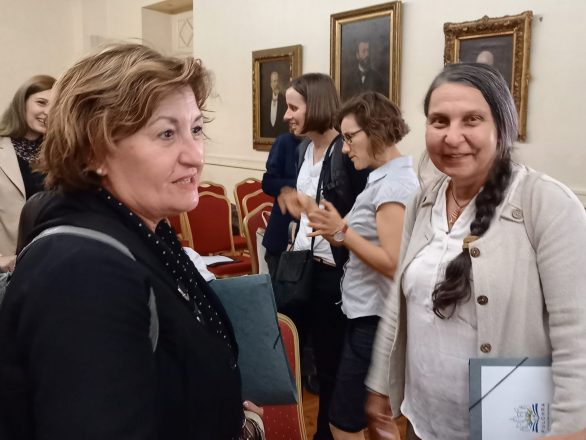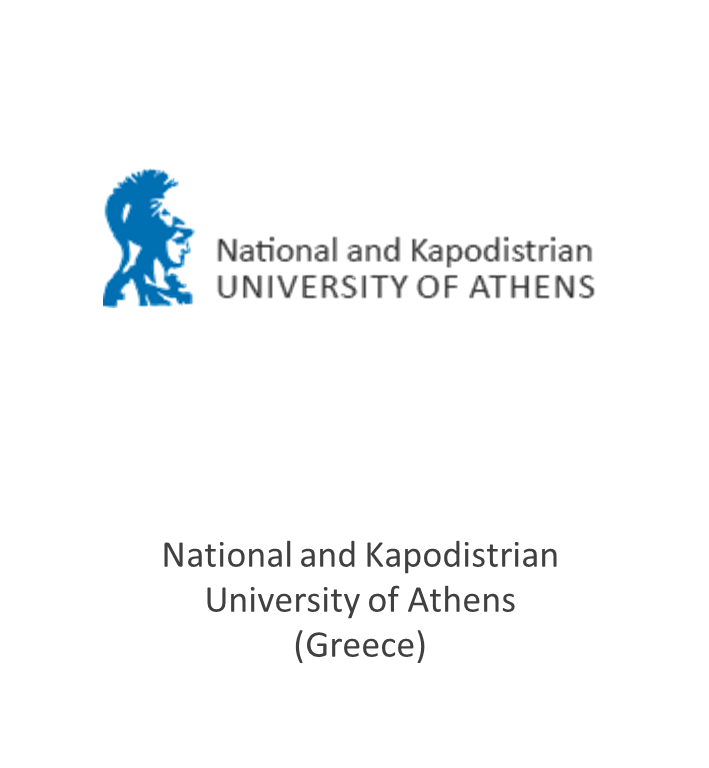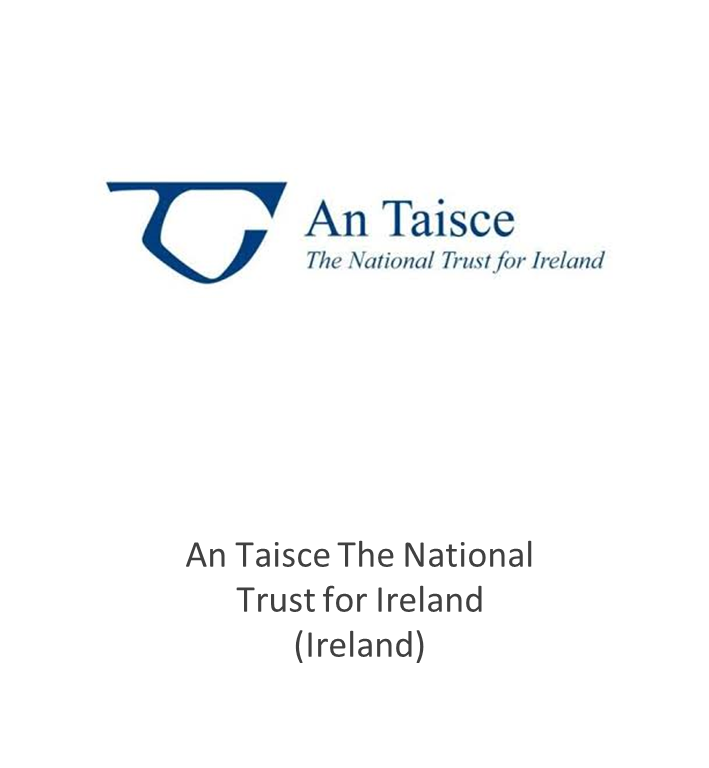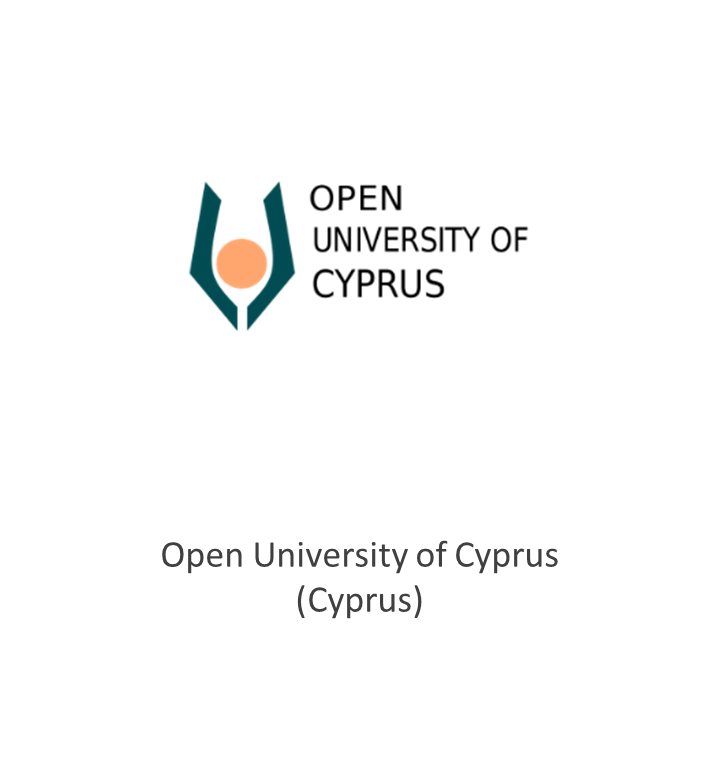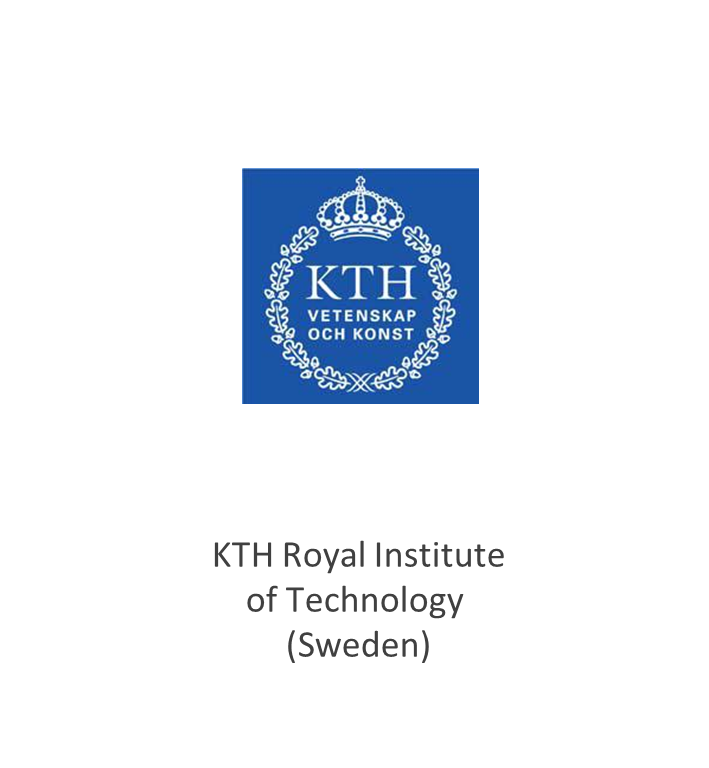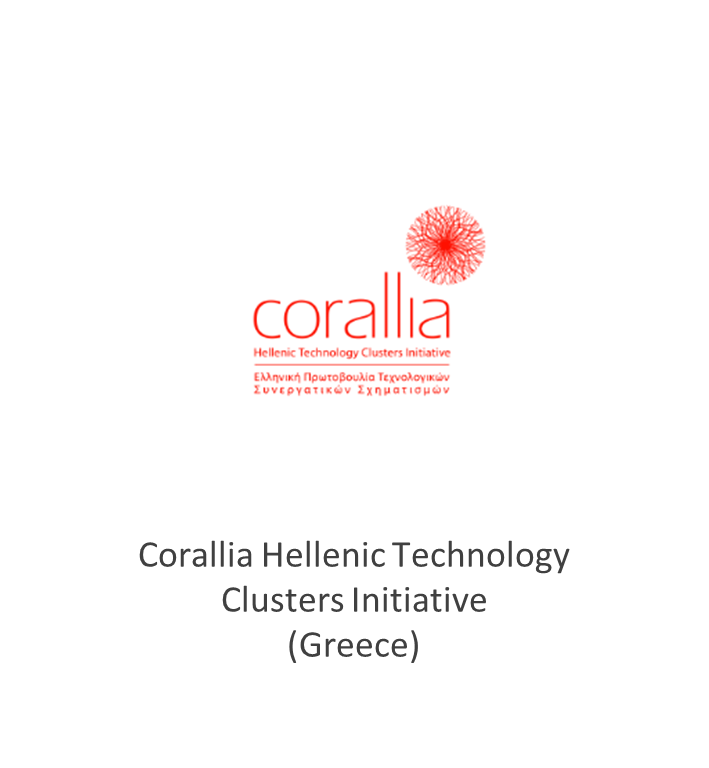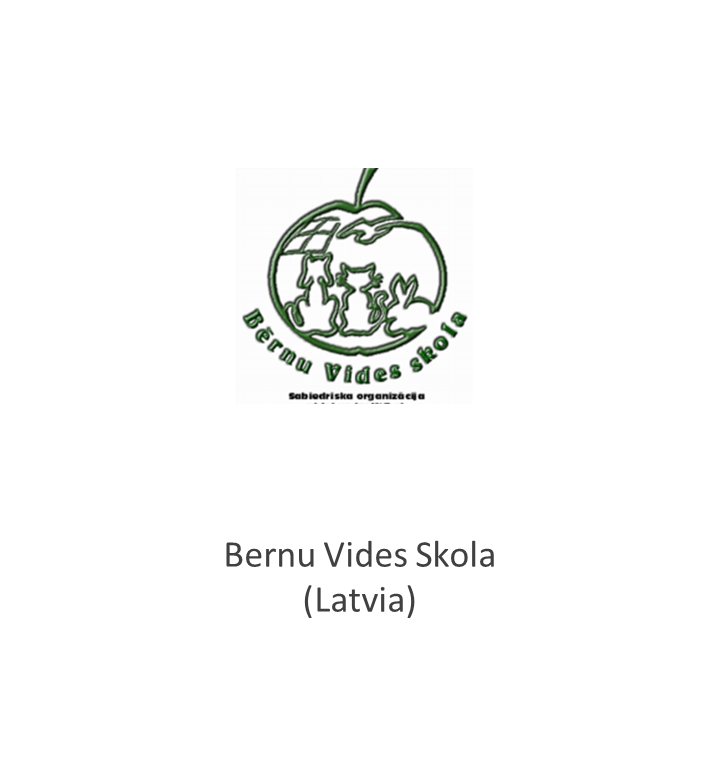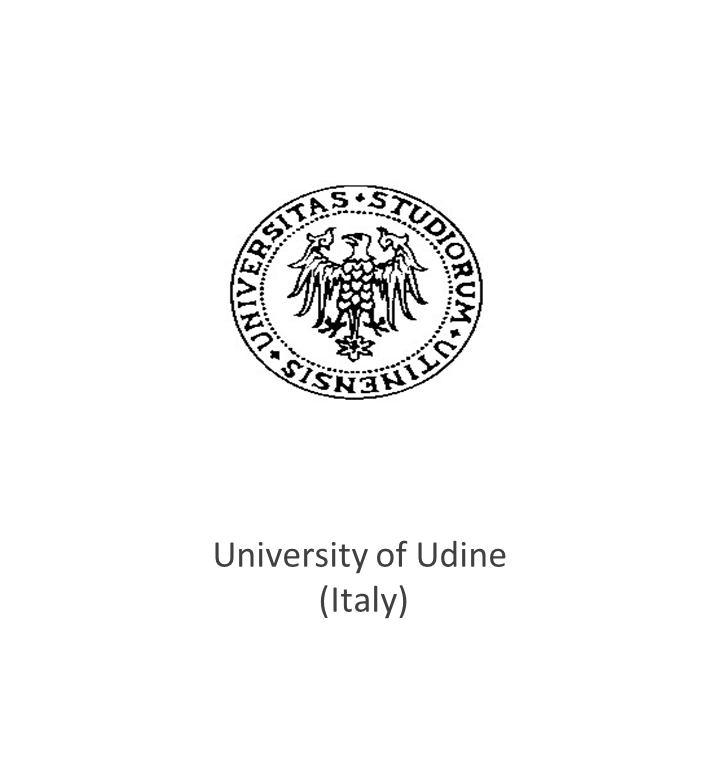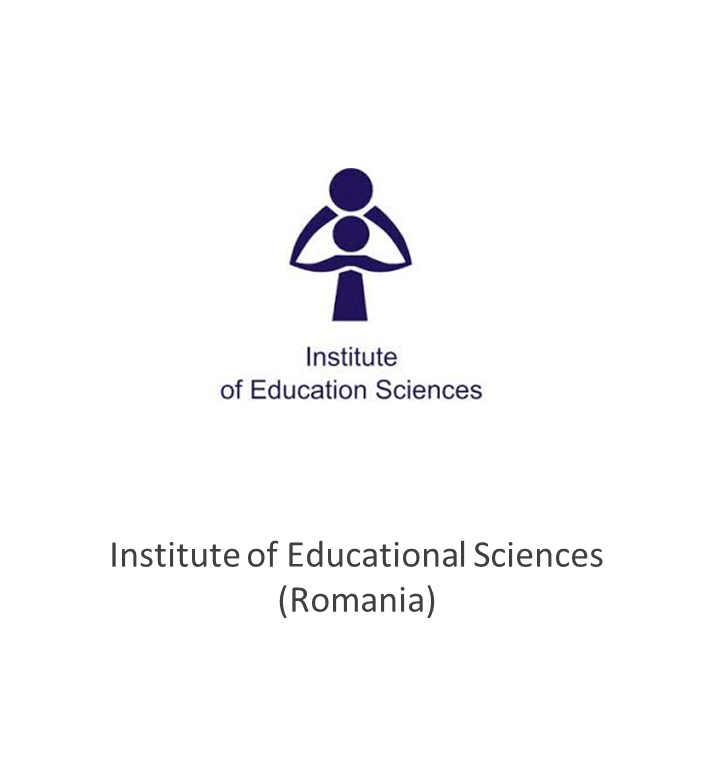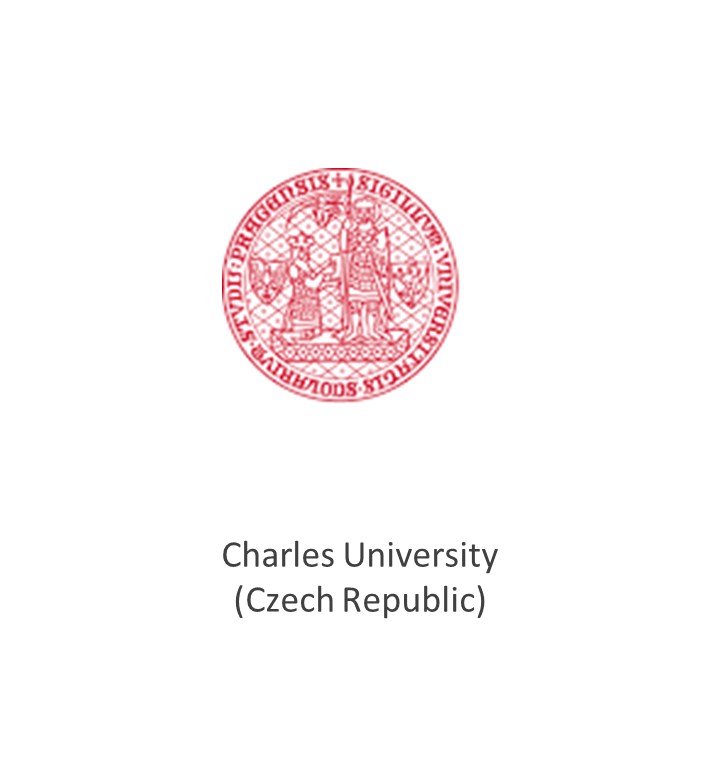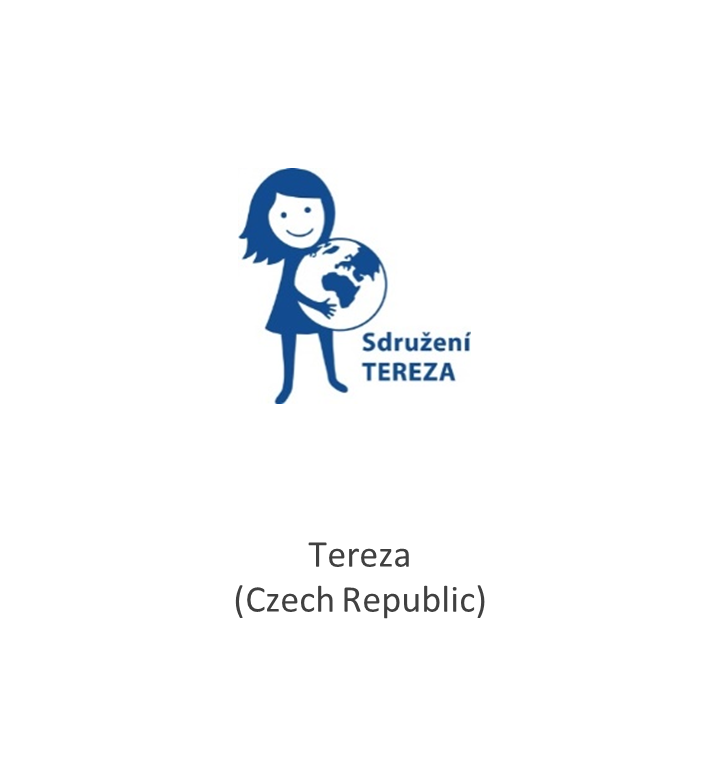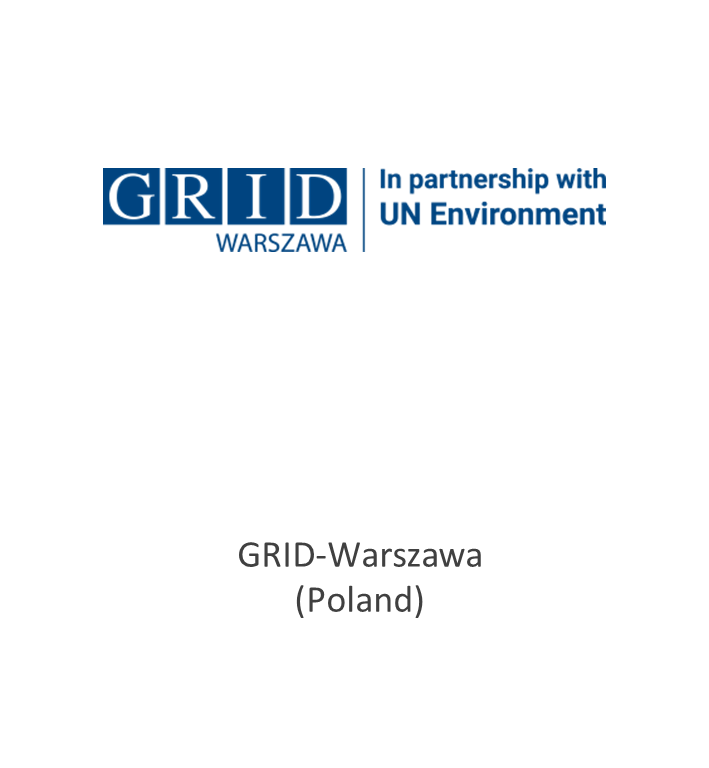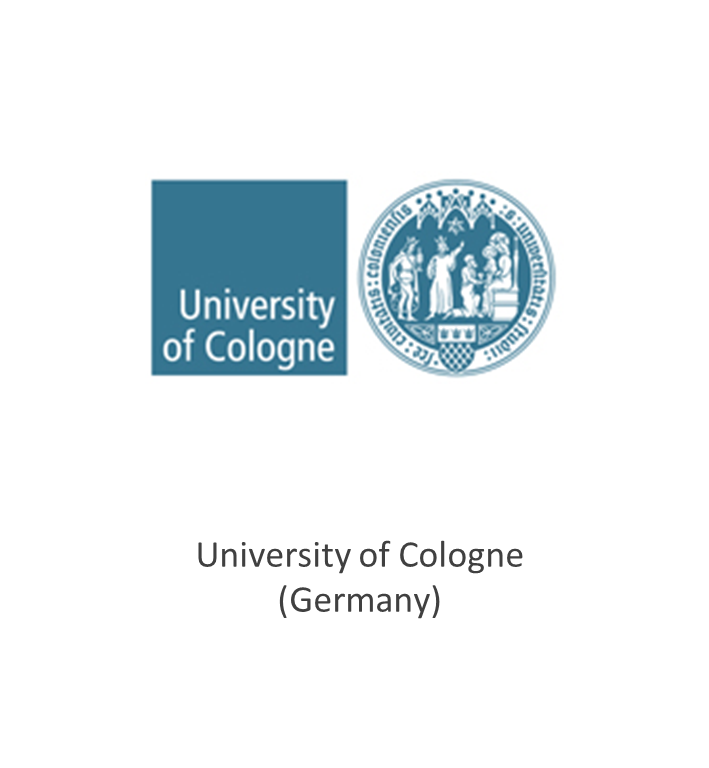We are happy to announce the first PULCHRA Workshop on “Educational methods in support of science and science education for Cities as Urban Ecosystems” that will be held online on Wednesday 27 January 2021.
The aim of the Workshop is to share current science educational methods and best practices, as well as to discuss the improvement of science teaching by employing new tools while focusing on the theme “Cities as Urban Ecosystems”.
The Workshop will gather experts in the field of education, teaching, training, and applied science from different European countries. Below you can find the agenda and the corresponding link in order to join the meeting. Download the agenda
Workshop Agenda
“Educational methods in support of science and science education for Cities as Urban Ecosystems”
27th of January, 2021
HOST: Education Research Unit, CNPEE – Romania
Time: CET hours
Connection link:
Morning session
10.30 -11.00 Welcome and introduction of the event theme and expected results
- Dr. Gabriela Noveanu, national scientific co-ordinator and Dr. Fartușnic Ciprian, event moderator, CNPEE
- Pr. Constantinos Cartalis, project manager PULCHRA
- UEFISCDI representative, H2020 Program Romania
11.00 – 11.40 SCIENTIX experience in Romania: methods for promoting science learning
- Roxana ZUS, national coordinator SCIENTIX program Romania
20 min presentation + 20 min Q &A session
11.40 – 12.20 Promoting effective inquiry through education materials
- Dr. Karl Schneider, Dr. Christine Gierlich, University of Koln
20 min presentation + 20 min Q &A session
12.20 – 13.00 Science taught differently: main outcomes and promising practices.
- Cristian HATU, Director Center for Assessment and Education Analysis. Project Physics from a different approach
20 min presentation + 20 min Q &A session
End of morning session, 60 min break
Afternoon session
14.00 – 14.30 OSHub Network
- Maria Vicente, Project Manager OSHub.Network, Leiden University
20 min presentation + 10 min Q &A session
14.30 – 15.00 Non-formal and informal learning: summer school on science and technology
- Dragos Tataru, scientist National Institute for Earth Science Research Project
20 min presentation + 10 min Q &A session
15.00 – 15.30 Promising practices for science education: lessons learned from the GLOBE Program
- Nektaria Adaktylou, Instructor, Dept. of Geology and Geography, West Virginia University, Chair of the Evaluation Working Group of GLOBE
20 min presentation + 10 min Q &A session
15.30 – 16.00 Conclusions and next steps
- Open discussion between participants, conclusions and next steps
